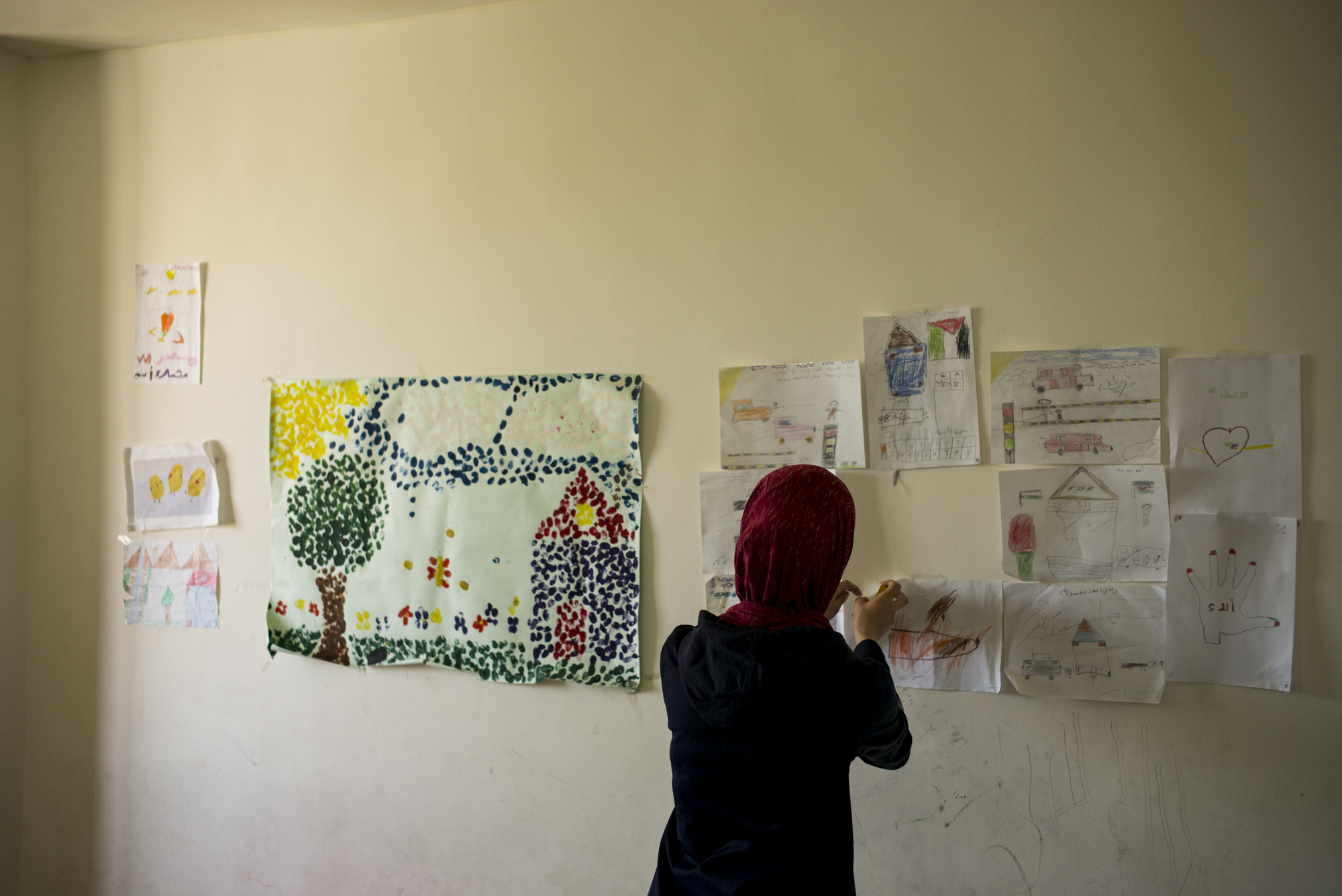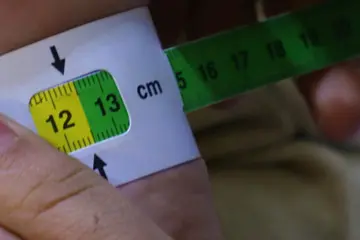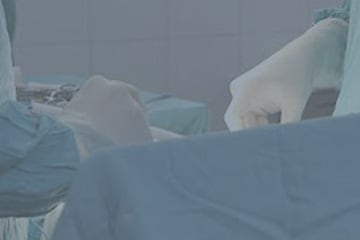September 8, 2017
With the Syrian conflict continuing through its seventh year, 5 million Syrians are displaced outside of their home country. Over 1 million Syrian refugees now reside in Jordan, the sixth highest refugee-hosting country in the world.
For refugees who have fled from devastating conditions such as siege and aerial attacks, the weight of mental trauma is significant, especially on children. In Jordan, SAMS operates several medical relief programs, providing free medical services to Syrian refugees living in Al-Zaatari Refugee Camp and urban areas throughout Amman, Mafraq and Irbid. One of SAMS’s most crucial programs in Jordan is our Psychosocial Support Program, providing different means of interactive therapy for individuals struggling with trauma, anxiety and depression.
In Jordan, SAMS uses three different programs to target mental health symptoms, including a clinical program (individual therapy and medication management), group therapy, and outreach/in-home assessments.
Crises in Parallel
According to Dr. Noor Amawi, the Pyschosocial (PSS) Programs Manager in Jordan, patients range from six to 65 years of age. However, the patients are mostly mothers and children. She notes that the SAMS groups programs run simultaneously, in order to seek improvement in the family as a whole.
“The most occurring symptoms that we see include fear, bedwetting, and aggression in children. This aggression and bedwetting is sort of how the body reacts to the excessive fear and helplessness. We also see isolation and different mood related symptoms.”
“It sort of all completes a picture of the complex trauma that they endured,” she concludes.
In mothers, on the other hand, SAMS staff often sees Major Depression and different anxiety disorders, including Obsessive Compulsive Disorder (OCD).
A Path to Mental Wellness
Thanks to SAMS’s PSS program, mothers and children can access treatment in parallel. In the group support, a mother attends a program while her child attends a parallel program. These programs complement each other, focusing on psychoeducation as well as behavioral modification.
For children, activities are targeted towards symptoms or improving emotional expression, including play therapy, art therapy, and different forms of expressive therapy, psychodrama, role play, using paint or toys to express themselves.
Community Outreach & Reducing Stigma
The community outreach program is also key – SAMS staff travels to community centers and schools, partnering with various organizations to discuss various topics related to mental health. With this, they aim to reduce the stigma associated with seeking help for mental health issues.
This stigma can often prevent young men and fathers from seeking out care.
In addition to managing psychosocial support in Jordan, SAMS Jordan office also provides Psychosocial Programming in southern Syria. Using their Jordan program as a “master program,” they implement the same programs inside Syria, using remote communication to train staff.
Although the PSS team Jordan provides a crucial service, the burden of mental health remains great. Staff on the ground have an eye on the future, planning to expand capacity to treat through tele-education and training.
In Dr. Amawi’s work, the multi-generational impact of trauma is clear. As the next generation of Syrians comes of age, it is more crucial than ever to address trauma and anxiety that can disrupt futures and divide families.
To support SAMS Psychosocial Care in Jordan, Lebanon, Syria and beyond, visit us online here. Donations directly support costs of psychologists, training, tele-education initiatives, medication management, materials for therapy, and much more.
*Photos: Syrian American Medical Society/Hamzeh Zahran





